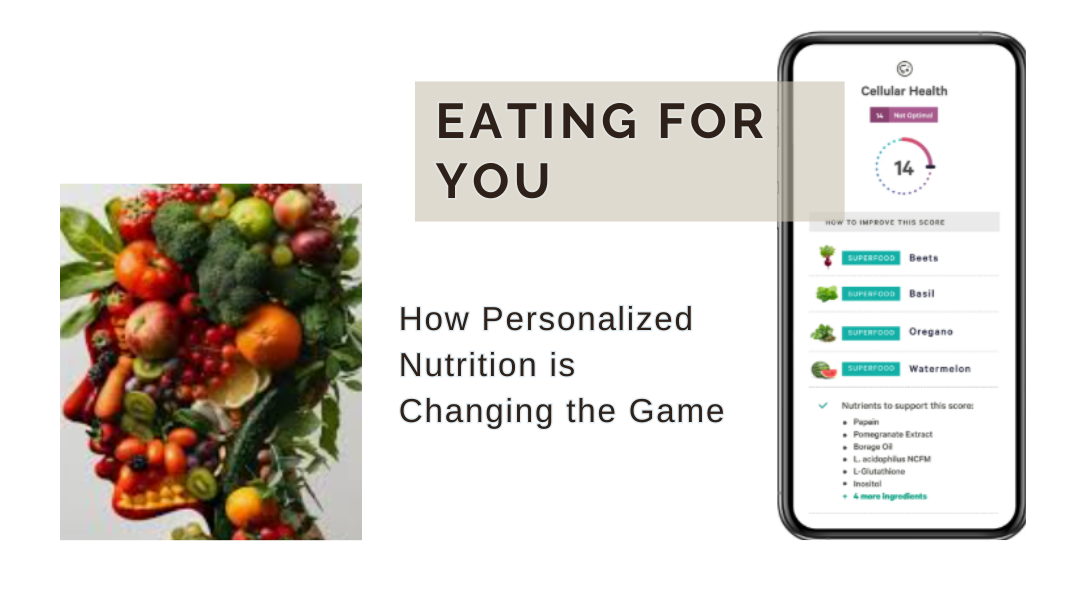Gone are the days of cookie-cutter diets. Remember the old food pyramid we all memorized in school? Turns out, it wasn’t all that helpful for real life. What works for your best friend’s metabolism might leave you sluggish or bloated—because no two bodies are the same.
Now, nutrition is getting a high-tech makeover, shifting from blanket advice to plans as unique as your DNA. Instead of counting calories or cutting carbs because a magazine said so, people are turning to science-backed, hyper-personalized eating strategies.
Why One-Size-Fits-All Diets Don’t Work
Ever tried a diet that “worked for everyone”… except you? There’s a reason for that. Your genes, gut bacteria, activity level, and even stress levels change how your body processes food. For example:
- A high-protein keto diet might sharpen your focus but wreck your digestion.
- Your friend swears by intermittent fasting, but it leaves you hangry by noon.
- That “superfood” smoothie giving you energy? It could spike someone else’s blood sugar.
Personalized nutrition digs deeper, using tools like:
- DNA tests to spot food sensitivities (like why dairy always upsets your stomach).
- Continuous glucose monitors (CGMs) to see how your body reacts to different carbs.
- AI-powered apps that adjust meal plans based on your sleep, workouts, and even mood.
Tech Meets Taste Buds
This isn’t sci-fi—it’s already happening. Companies like ZOE analyze your gut microbiome to recommend foods that reduce inflammation. Apps like Nutrisense pair you with dietitians who interpret real-time blood sugar data. Even fitness trackers now sync with food logs, so your Apple Watch doesn’t just count steps—it helps tweak your lunch choices.
But it’s not just about gadgets. Doctors and dietitians are using this data to craft plans for conditions like diabetes, PCOS, or heart disease that actually fit into patients’ lives. No more “eat more greens” handouts—just actionable, tailored advice.
The Hurdles Ahead
Of course, there are bumps in the road:
- Privacy concerns: Who gets access to your DNA or gut health data?
- Cost: Not everyone can afford a $300 microbiome test.
- Over-reliance on tech: A glucose spike after pizza doesn’t mean you should never eat it again—context matters.
The Bottom Line
The future of eating isn’t about rigid rules—it’s about flexibility. Imagine knowing exactly which foods fuel your workouts, stabilize your energy, or even boost your mood. That’s where nutrition is headed: smarter, more personal, and finally leaving the food pyramid in the past.
